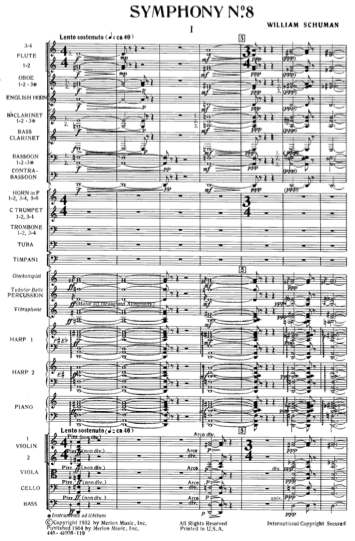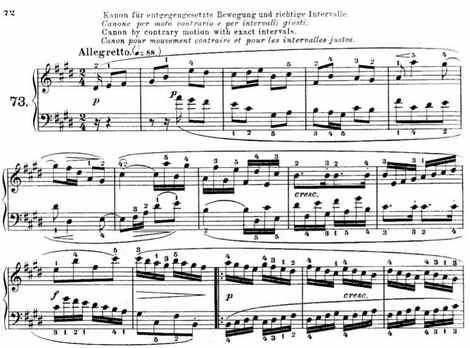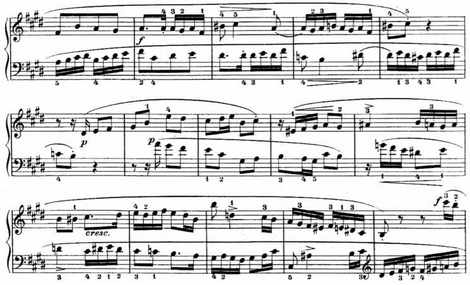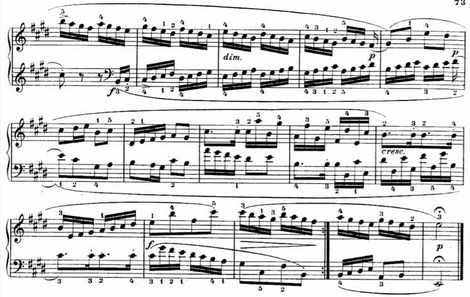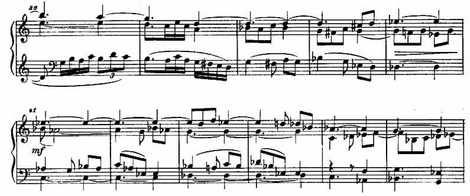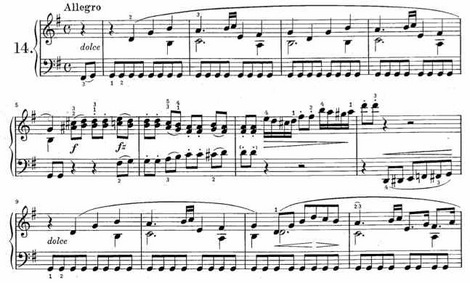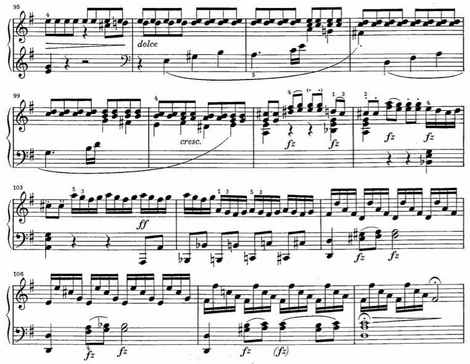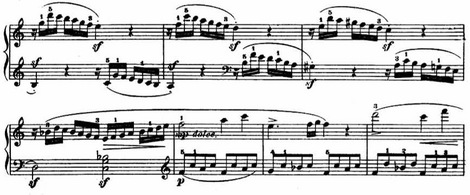I wrote an article on William Schuman for Symphony magazine, which I’ll give you the details on presently. I couldn’t really spare the time, but chances to write about Schuman are rare, and I love his music too much to have resisted. I gather that being a huge Schuman fan puts me in somewhat of a minority (what else is new?). There is a prejudice abroad that Schuman’s composing career was only propped up by his powerful position as President of first Juilliard and then Lincoln Center. Don’t you believe it.
I met Schuman once. He had some piece played in Chicago in 1986, and I reviewed him by phone for the Chicago Reader, then introduced myself at the performance. I wish I had had the chutzpah to insist on getting to know him. I told him that at home, beneath my bed, was a box of compositions I wrote in high school, most of them attempts to plagiarize the bleak opening atmosphere of his Eighth Symphony. In perfect crusty-old-sea-captain character he growled, “Surely you can do better than that!” Here’s the passage in question, a reiterating series of succulently grim major-minor triads leading to a long, angularly wandering horn solo:
I know it’s fuzzy, but try to look at those two harps and the piano, with tubular bells playing both thirds of the triad and a grace-note in the glockenspiel. Delicious. There are few passages in the orchestral literature I love so dearly. It’s desolate, haunted, almost motionless, yet palpably not despairing; there’s a latent energy to the rhythm and even the subtly shifting voice-leading that somehow forecasts the sardonic fireworks that will come in the third movement. It’s as Americanly tragic (sorry, “tragically American” just won’t do) as The Grapes of Wrath – a novel that coming events may compel us all to reread. I love Schuman’s Third, Fifth, Sixth, and Seventh Symphonies too, and his New England Triptych, and I played his less impressive piano piece Voyage which had a little impact on my piano writing, but the Eighth is the one I kept trying to duplicate.
My guilty secret is that before I discovered Cage at 15, I had already lost my creative vriginity to the Harris Third, the Schuman Eighth, and the Bernstein Second (gang-banged, as it were). My high school composing style slithered around among Schuman, Harris, Ruggles, Copland, Bernstein, and – more consciously but a little more distantly as well – Ives. Had I not then fallen in with the Cage crowd, I suppose I’d be writing symphonies today. And I still suspect that my personal take on minimalism, heard through glacially moving microtones, minor-triad obsessions, and even my fetish for the 11/9 interval (347 cents) that’s halfway between major and minor, was conditioned by the spellbinding effect Schuman’s gloomy chords had on me at a tender age.
I’ll put up a first-movement mp3 here temporarily, but hopefully everyone already knows this piece.

